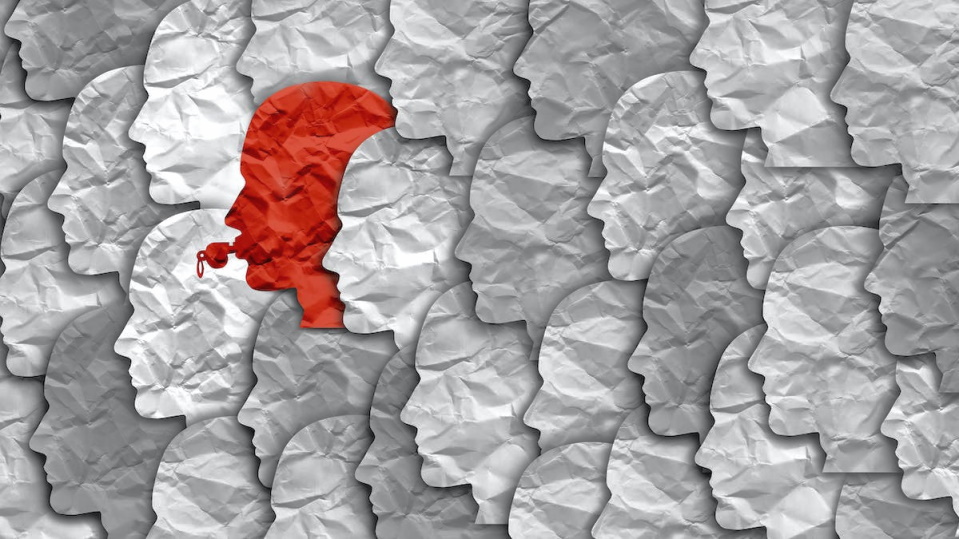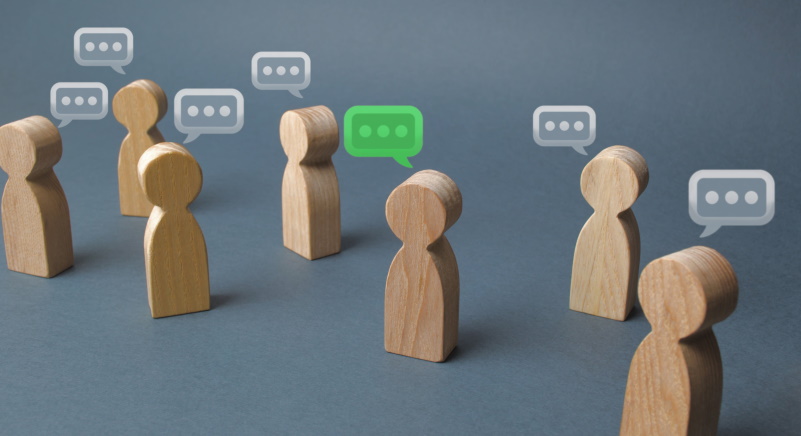Power is a force of significance that lies at the heart of the way our society functions. It guides us in how we interact with each other and can even shape our political and economic systems. With power comes authority, but not all power is created equal — different types of power have varying levels of influence over our lives, from traditional authorities to new forms that have emerged through technological advancements. In this blog post, we’ll explore how power operates in today’s society, including who holds it and how it’s used to manipulate people or effect change more broadly. Through an exploration into these concepts, you’ll gain insight into a variety of meaningful topics, such as privilege and oppression dynamics within society as well as potential avenues for social reform on both local and global levels.
Gaining influence in a world of power dynamics – an exploration of different types of social power.
Social power is a concept that has been around for centuries, but it continues to evolve and exist in modern societies. It is defined as the ability of an individual or group to influence others through skills, resources, and knowledge. In today’s world, social power can come from various sources, such as financial resources, political connections, media presence, and even personal charisma. Therefore, it is important to understand how these dynamics work to gain influence in a world where power dynamics are constantly shifting.
One way of gaining social power is by using your socioeconomic position to your advantage. This involves capitalizing on the resources you have access to – monetary or social – to build relationships within networks of influential people. Through these relationships, you can access resources that can be used to further your goals. This could include leveraging political connections for business opportunities or utilizing a strong social media presence to build an audience and influence opinion.

Another way of gaining influence is by developing your skills in order to become an expert in a certain field. In doing so, you can showcase your expertise and use it as a platform to increase your power within various circles of influence. It also allows you to share valuable insights and experiences with others, which can also help them grow.
Finally, having charisma – being someone who naturally draws people in – is another form of gaining social power. People respond positively when they have something in common with you and feel like you understand them. Building relationships and connecting with people easily can be a powerful tool for gaining influence and power in any situation.
In conclusion, social power is an ever-evolving concept, and understanding the dynamics of it can help individuals gain influence within a world of power dynamics. There are various ways to increase social power, such as using your socioeconomic position to your advantage, developing relevant skills, or utilizing charisma and interpersonal skills to build meaningful connections with others. By being aware of the different types of social power at play, you’ll be better equipped to navigate the changing landscape and gain more influence over time.

Who holds power in today’s society, and how?
Today, in many societies worldwide, power is held by those with wealth and influence. This power can be wielded in various ways, ranging from political and economic control to social and cultural influence. For example, those with wealth may use their resources to gain access to higher education, politically-connected networks, or financial investments that offer high returns, while those with influential social status can shape public opinion on a wide range of topics.
In addition to traditional sources of power such as money and connections, technological advances have created new opportunities for individuals to gain influence over others. Social media platforms like Facebook, Twitter and Instagram are now seen as powerful outlets for communicating messages and influencing large numbers of people all at once. The sheer power of information, and the ability to provide it quickly and easily, has allowed those with less tangible resources to gain influence over their peers.
Further, power in today’s society is also held by well-connected people. Through networking and relationship building, individuals can establish relationships with key government, media or industry figures that offer access to secret information or privileged pathways into certain careers. As a result, many people now view networking as an important source of social capital.
In conclusion, power in today’s society is largely held by those with wealth, influential status, and well-developed networks. Whether it be through political connections or social media clout, those who possess these resources can wield significant influence over others.






